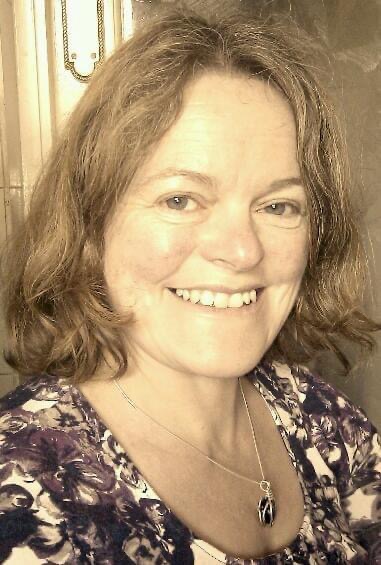Submitted by Daniele Campello on Fri, 09/07/2021 - 15:51
Amy Milton, Chiara Giuliano, Nicole Horst, Rutsuko Ito, Sharon Morein-Zamir, Jenn Murray & Emma Robinson.
Dawn Eagle was a brilliant scientist, a caring and generous mentor, a fiercely loyal friend and ardent supporter of other women in science. Everything she did was accomplished with excellence, attention to detail and care – and always with a sense of joy, covered with a film of dark and dry humour.
Dawn began her scientific career not as a behavioural neuroscientist, but a zoologist. Her PhD focused on the grouping behaviour of whirligig beetles, leading to many long days spent in the great outdoors. This love of the outdoors, of insects, and of the meticulous observation of behaviour, stayed with her for as long as we all knew her. She moved on from the Department of Zoology to the Brain Repair Centre, where she worked with Professor Steve Dunnett, before she moved to the Department of Experimental Psychology to work with Professor Trevor Robbins in the late 1990s. It became clear in the many years that Dawn worked with Trevor that she had a phenomenal talent for working out how to measure and model analogues of human behaviour in rodents, with her name becoming synonymous with the seminal work that she carried out in the area of rodent cognition. She was passionate about research, always conducting experiments with care and integrity, and was instrumental in cultivating fruitful interactions between researchers working across species. She was a very strong proponent of high standards of animal welfare, encouraging everyone who worked with her to think about how their own behaviour might be influencing that of their animals. She inspired a great many refinements in animal behavioural procedures, both in Cambridge and further afield.
We remember Dawn as more than an incredibly creative scientist with a keen intuition for behaviour, however. We also remember her as a wonderful mentor and friend. She was always willing to listen to frustrations without judgement (and with good coffee). She was particularly willing to advise and give her perspectives on the apparent lack of respect shown generally in academia for balancing work and family life – an aspect of academia that still requires reform today. She provided support and belief to many of us when our resolve to stay in academia wavered (which has happened to more than one of us, and more than once). She helped us to reflect on how work-life balance should not only be an individual priority, but also an institutional priority. She showed us that it was possible to balance academic life with life outside the lab, without making a person any less of a scientist.
We were all shocked when Dawn passed away in August 2019, having lived with cancer for five years. We had suspected that she was not well, but Dawn chose not to share the full details of her illness with her work colleagues because she did not want to be defined by her illness. Up until the very end of her life, she was constant, upbeat and encouraging. She talked about new research collaborations. She was present, without being intrusive. She continued, in her usual way, to be amazing. She is, and will continue to be, missed by those who knew her as an accomplished scientist, proud mother speaking of her children’s achievements, mentor and loyal friend.

